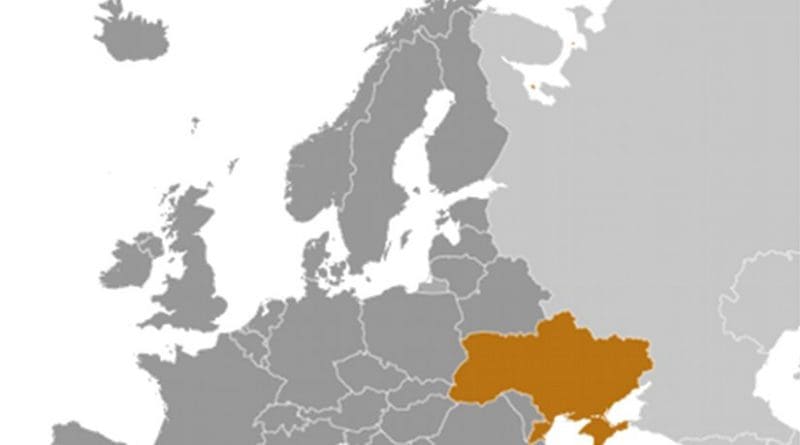Peace: An Unneglectable Hard Power – OpEd
By Anbound
By Kung Chan
Ukraine’s peace efforts have so far ended in failure.
Many countries, including China, have demanded peace talks between Russia and Ukraine, and Chinese President Xi Jinping has made a personal call to promote the matter. As a result, there seemed to be a welcome change in the war situation. Russia agreed to negotiate, put forward its own conditions, and sent a delegation. According to the Kremlin, Russian President Vladimir Putin had also ordered a temporary ceasefire on the front lines to facilitate negotiations. However, after repeated hesitations, Ukrainian President Volodymyr Zelenskyy agreed, refused, agreed and refused again, and finally decided to refuse the peace talks because he could not accept Russia’s terms. The latter’s demands are clear, that Ukraine needs to “demilitarize”, which means it will have to give up its independence. Hence, after complicated iterations, Ukrainian peace efforts have failed.
War breaks out when peaceful efforts break down.
Putin then ordered that the Russian army to hasten the attack. That is when we saw fierce battles in Kyiv where the blasts lit up the night sky. Thus far, the Russian army, with its absolute superiority, has approached the area 5 kilometers away from the parliament building in the center of Kyiv. At the same time, Western countries have also abandoned various prior considerations and reached a consensus, which means that they are willing to pay a significant cost for it. They are now ready to immediately cut off Russia’s SWIFT system, and start large-scale military assistance. For the first time, the NATO emergency armed forces carried out full mobilization, and 40,000 troops began to deploy to the Ukrainian border. The British army force has also been deployed to the Ukrainian border for the first time after the war, and even the Portuguese arm force was sent there.
It appears that the sounds of war cries are now echoing throughout the world. What then, should China do?
My answer is rather simple. China is already on the right track, where it is actively working to push for peace in Ukraine, and it should continue to do so. The power brought about by war can indeed cause irrationality in many cases, but peace is also an often-forgotten hard power, and it is always the final victor.
So now China should continue to insist on achieving peace in Ukraine. It needs to believe that, now and in the future, the forces that demand peace will definitely converge into a major potency in the world, and China can completely become the its leader and emerge as its champion.
There is no perpetual war in this world, after all. Putin would want peace in the end, and so does Ukraine. Geopolitics has always emphasized on prediction, judgment and choice. To see the future directions, and preset oneself on the side of the final winner in advance would be the actual wise decision.
China has in fact already made such a choice, and this is precisely the action taken by President Xi Jinping. What it needs to do in the future is to insist on such peaceful approach, and strive to become the leader of all peaceful forces. Ultimately, what China wants is peace.
To this end, I think when necessary, China should consider replacing the hawkish spokespersons of its Ministry of Foreign Affairs to show its position. In today’s world, only by insisting on peace can China show its strength, because there is nothing more powerful than the force that pushes for peace as hard power. With everyone else focusing on winning the war, it is more necessary for China to tell the world a viable alternative.

